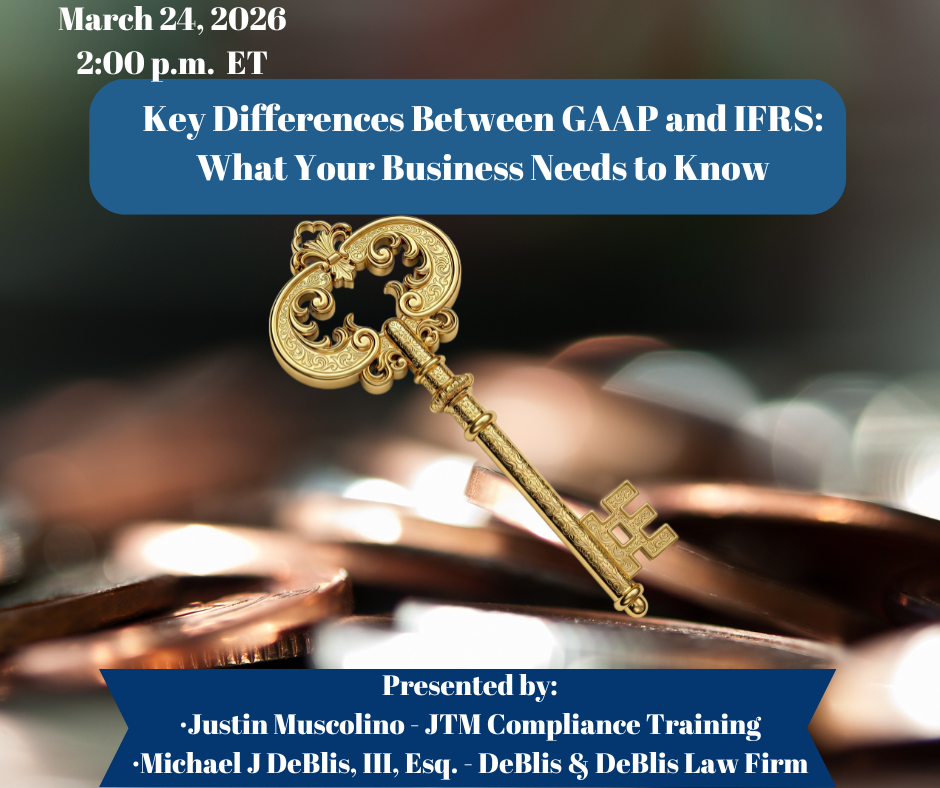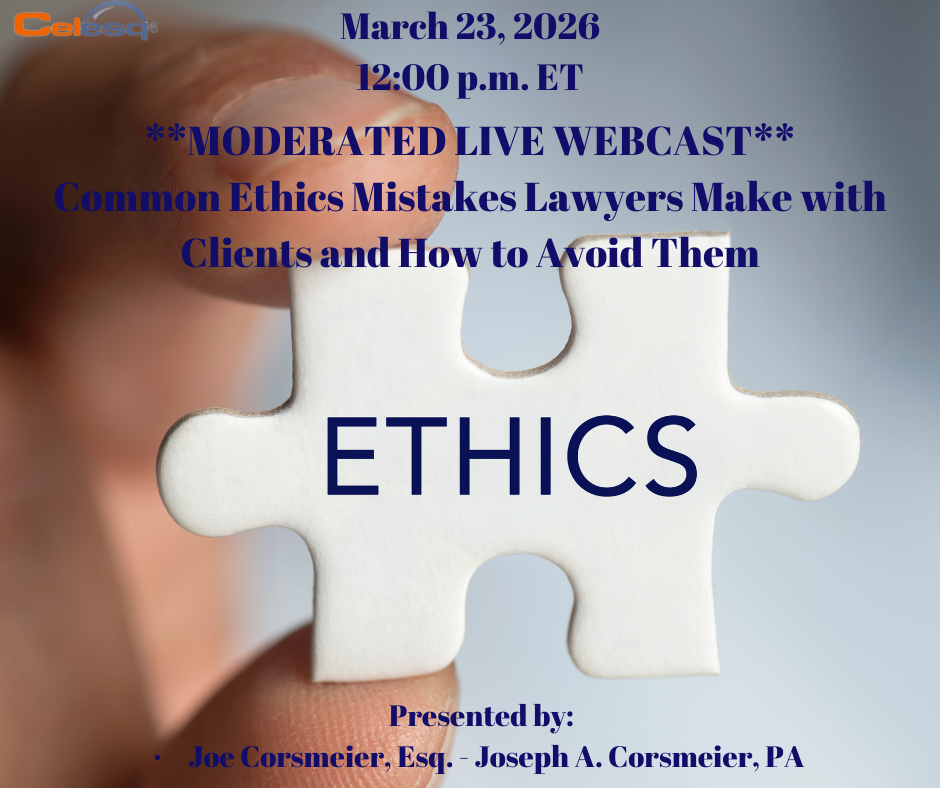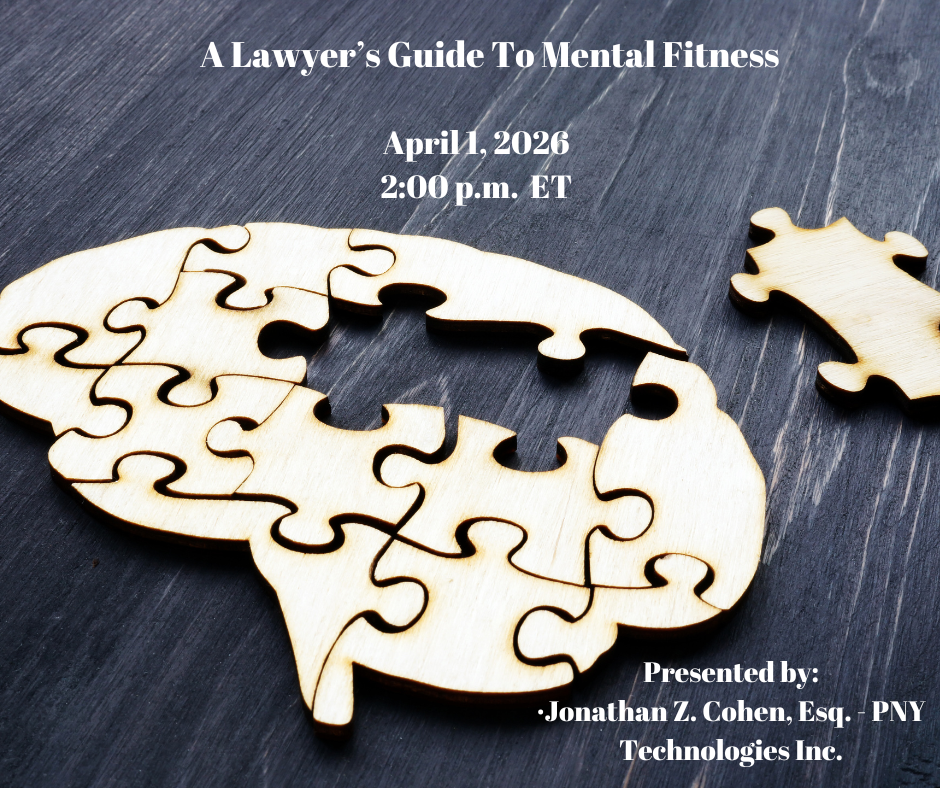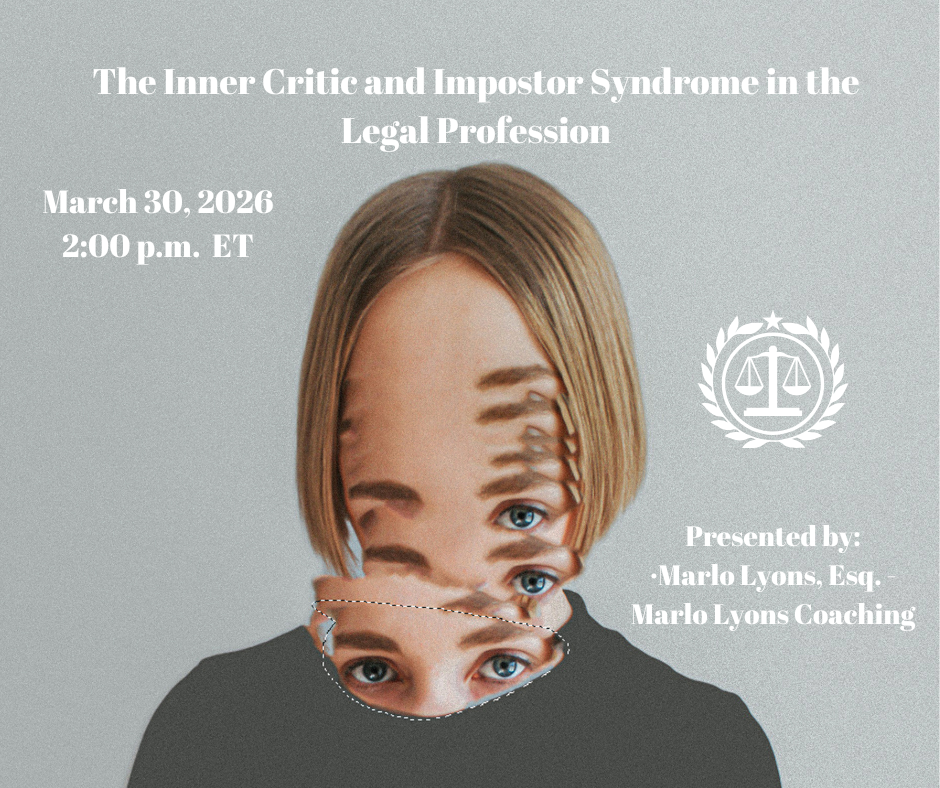
Exciting new series on “Voice, Body and Movement for Lawyers – How to connect with the jury and find Justice Through Dramatic Technique!”
Click here to find out more
The EU-U.S. Data Privacy Framework (DPF) simplifies the process of transferring personal data from the EEA, UK and Switzerland to the U.S., particularly for a U.S. business without an establishment in the EEA, UK or Switzerland. But the certification process is not inexpensive or risk free. The two trans-Atlantic personal data transfer mechanisms that preceded DPF were declared invalid because of concerns with U.S. national security laws and the DPF already is facing legal challenges. Now, the stakes are high for the DPF program administrators to ensure that U.S. businesses live up to their commitments under DPF.
Key takeaways:
• Understanding key decisions and requirements for DPF certification
• How DPF requirements compare to current U.S. privacy laws
• Key considerations for operationalizing a DPF compliance program (such as privacy policy, privacy rights request and contracting requirements) and handling existing standard contractual clauses
• Whether and how DPF certification can fit in to a business also considering certification under the APEC Cross-Border Privacy Rules

This program explores listening as a foundational yet under-taught lawyering skill that directly imp...

This session highlights the legal and compliance implications of divergences between GAAP and IFRS. ...

As artificial intelligence becomes the engine of the global economy, the value of "AI-ready" data ha...

Successful personal injury defense practice requires far more than strong legal arguments—it d...

Many lawyers may not fully understand the Bar rules and ethical considerations regarding client repr...

This program provides attorneys with a practical and ethical framework for understanding and respons...

‘A Lawyer’s Guide To Mental Fitness’ is a seminar designed to equip professionals ...

In high-stakes, high-pressure environments like the legal field, even the most accomplished professi...

Evidence Demystified Part 1 introduces core evidentiary principles, including relevance, admissibili...

The landscape of global finance is undergoing a seismic shift as traditional assets migrate to the b...